Saturday Evening Astronomy Talk & Telescope Viewing (September 15)
Admission
- $20.00
Location
Mount Wilson, CA 91023
United States of America
Summary
Description
The Search for Life in the Universe, a lecture by Jean-luc Margot, Professor and Chair of the Department of Earth, Planetary, and Space Sciences at UCLA.
Observations with NASA's Kepler telescope have shown that there are billions of habitable worlds in our Galaxy. The profusion of planets, coupled with the abundance of life's building blocks in the Universe, suggests that life itself may be abundant. Currently, the two primary strategies for the search for life are 1) to look for biosignatures in the Solar System and 2) searching for technosignatures emitted from sources in the Galaxy and beyond. Given our present knowledge of astrobiology, there is no compelling reason to believe that one strategy is more likely to succeed than the other. The search for technosignatures does present certain advantages (in terms of search volume, cost, and information content) in comparison to telescopic or robotic searches for biosignatures. Since 2016, our research group has been conducting a search for technosignatures from planetary systems such as TRAPPIST-1 and Kepler-186 with the largest fully steerable telescope on Earth. A university course devoted to the search has enabled approximately fifty students, alumni, and friends to become involved in the search for life in the universe. Our initial search detected 850,000 candidate signals, of which 29 were of particular interest. Ultimately, none of these signals were attributable to an extraterrestrial source. I will describe our most recent observations, our plans to scale the effort to sample a larger fraction of the search volume, and how you can get involved in the search for life in the universe.
|
After the lecture, one of our big, historic telescopes, either the 100-inch or the 60-inch, will be opened for attendees to look through. This is contingent on the weather. The number of objects visitors will get to see will depend on the number in attendance. We want everyone to get a chance to look through a famous telescope. |
||||
|
|
||||||||||
